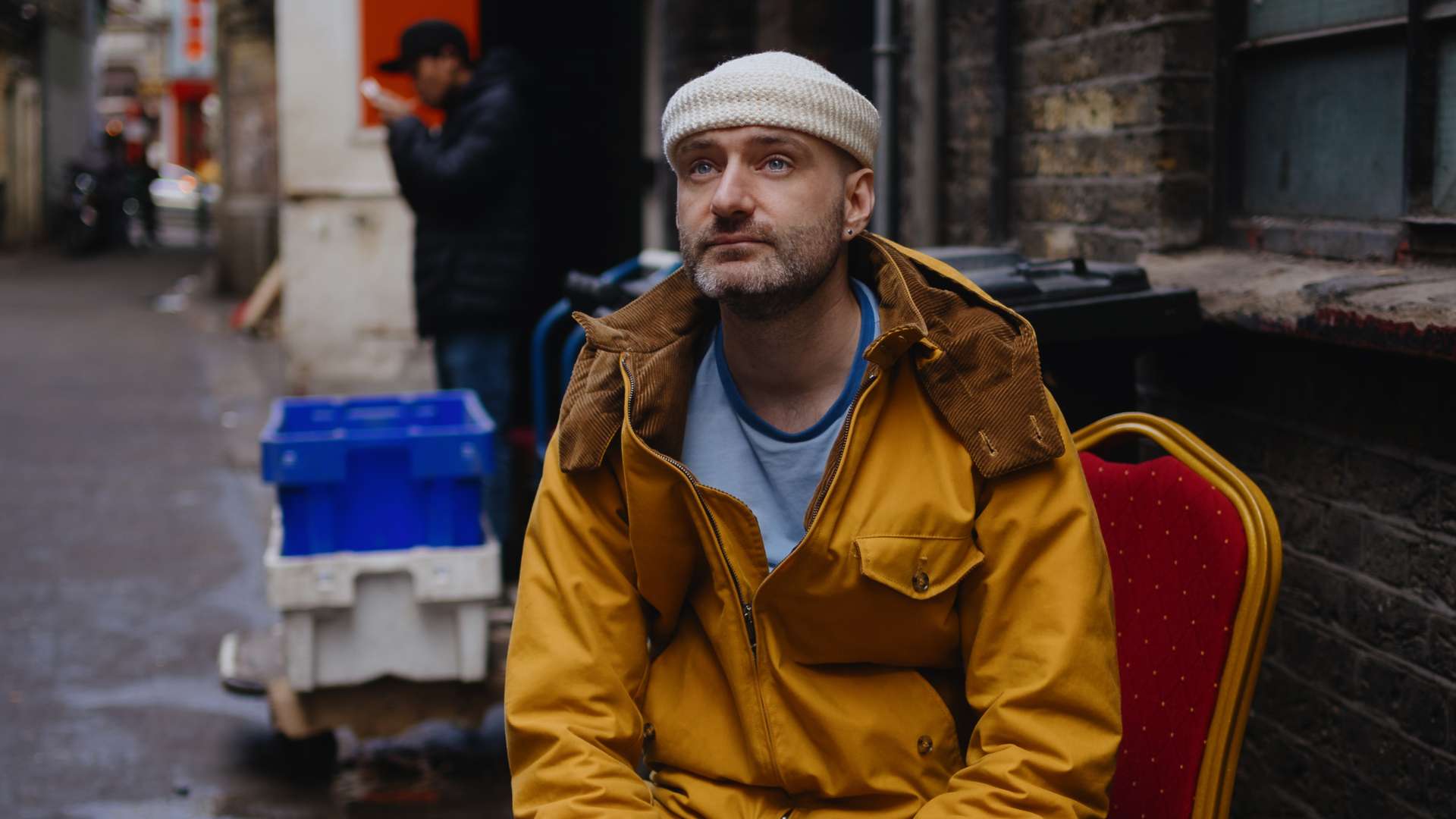Ben Target is a critically-acclaimed performance artist and multi-award-winning comedian; in 2020 he gave this up to become the live-in carer for an irascible elderly prankster. Produced by Soho Theatre and directed by Adam Brace (Age is a Feeling; Liz Kingsman: One Woman Show; Alex Edelman: Just for Us), LORENZO is a life-affirming story about death, conveyed through storytelling and live carpentry, a combination not seen on the world stage since Nazareth (circa 30AD).
Ben Target comments, This production takes a long, hard look at the absolute shit-show that is the UK’s cultural relationship with care of the elderly and asks the questions we all face about the value of life as it nears death – do we care? How do we care? And how do we best care? But mostly, with this show, I wanted to honour the extraordinary life of Lorenzo Wong.
Lorenzo Wong lived in London for over forty years as an extended part of Ben Target’s family in his multi-generational family home. A set of extraordinary circumstances led to Ben (Leicester Mercury Comedian Of The Year; Edinburgh Comedy Award nominee; Amused Moose Best Show Comedy Award winner) becoming the live-in carer for Lorenzo at the end of his life: discover their adventures.
Ben has a history of working in care, from being a teacher of secondary school students with Special Educational Needs and Disabilities to volunteering at the Highgate Mental Health Centre, where he taught stand-up comedy to residents of the schizophrenia care wards during the COVID-19 lockdowns. He has worked in elderly care over many years, from volunteering as a teenager to co-founding the social arts initiative The Care Home Tour in 2017, taking stand-up shows into care homes for the elderly to perform to people living with dementia.
As a former Inclusivity Designer, Ben was shortlisted for an RCA award for systems engineering a proposed euthanasia service for the NHS palliative care units. In exploring the best way in which to care when life nears death, LORENZO touches upon the right to die concept and proposes that sometimes the ultimate act of care would be to allow the voluntary ending of life, facilitating this responsibly and painlessly.
















